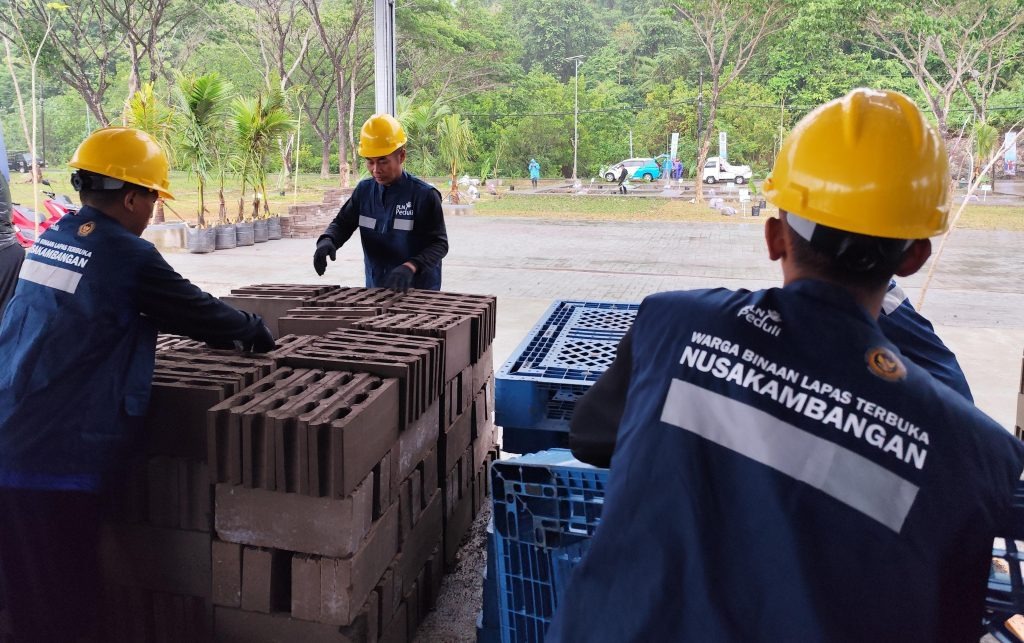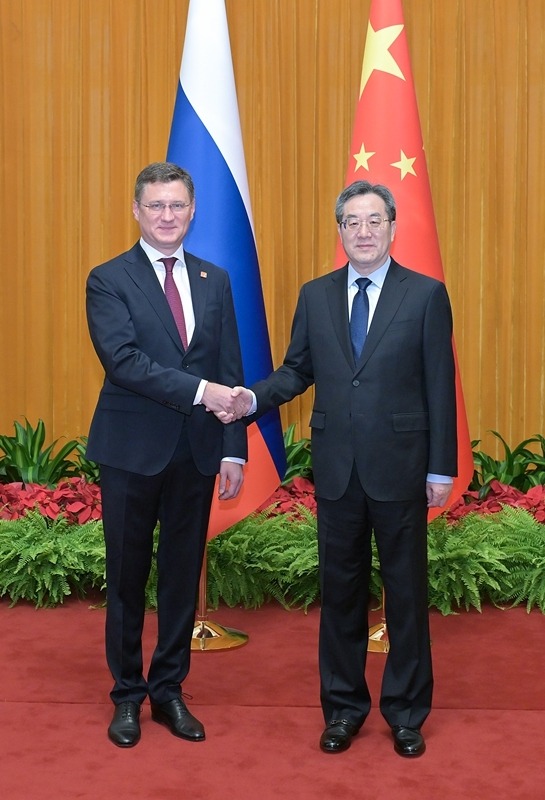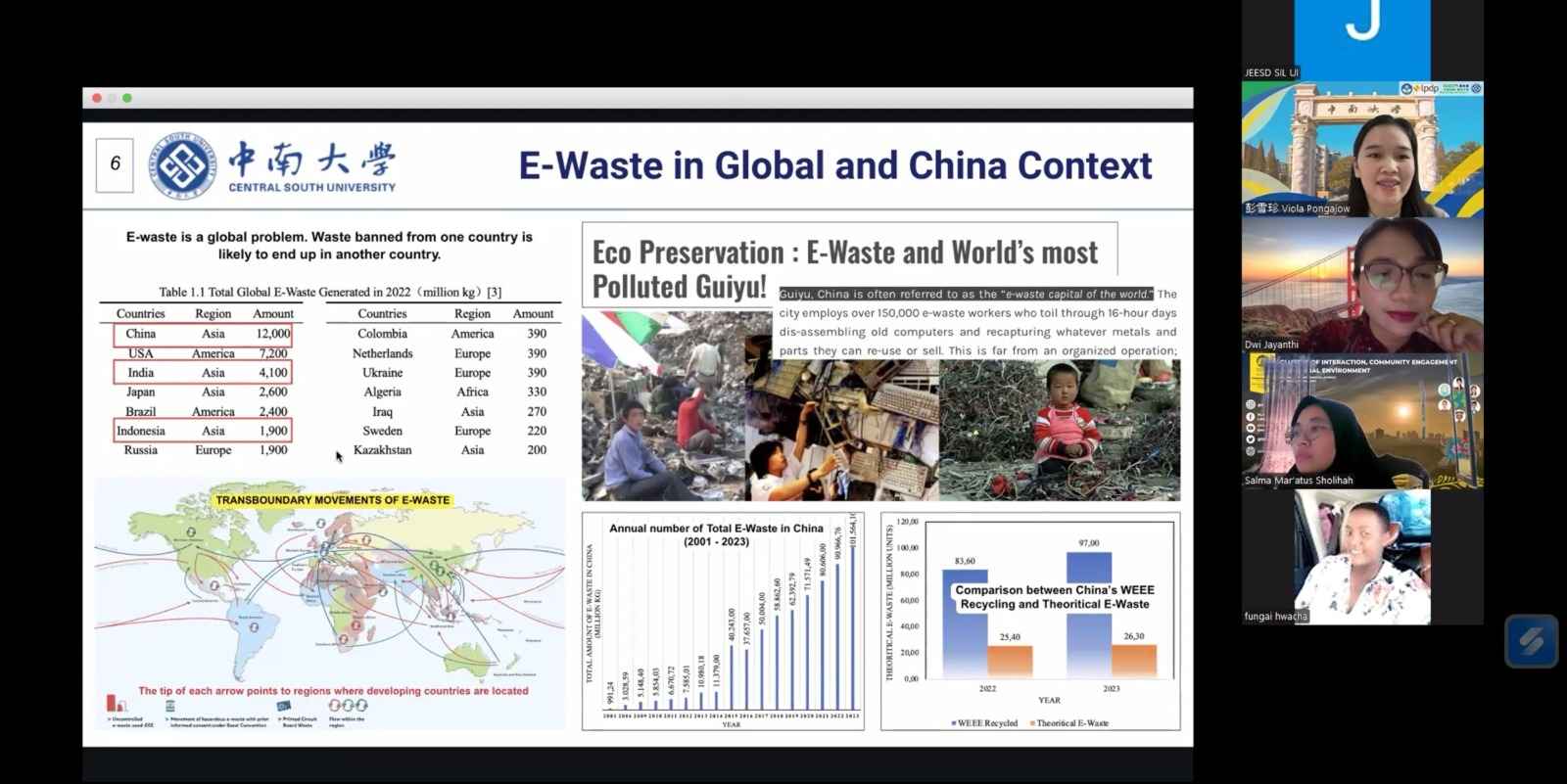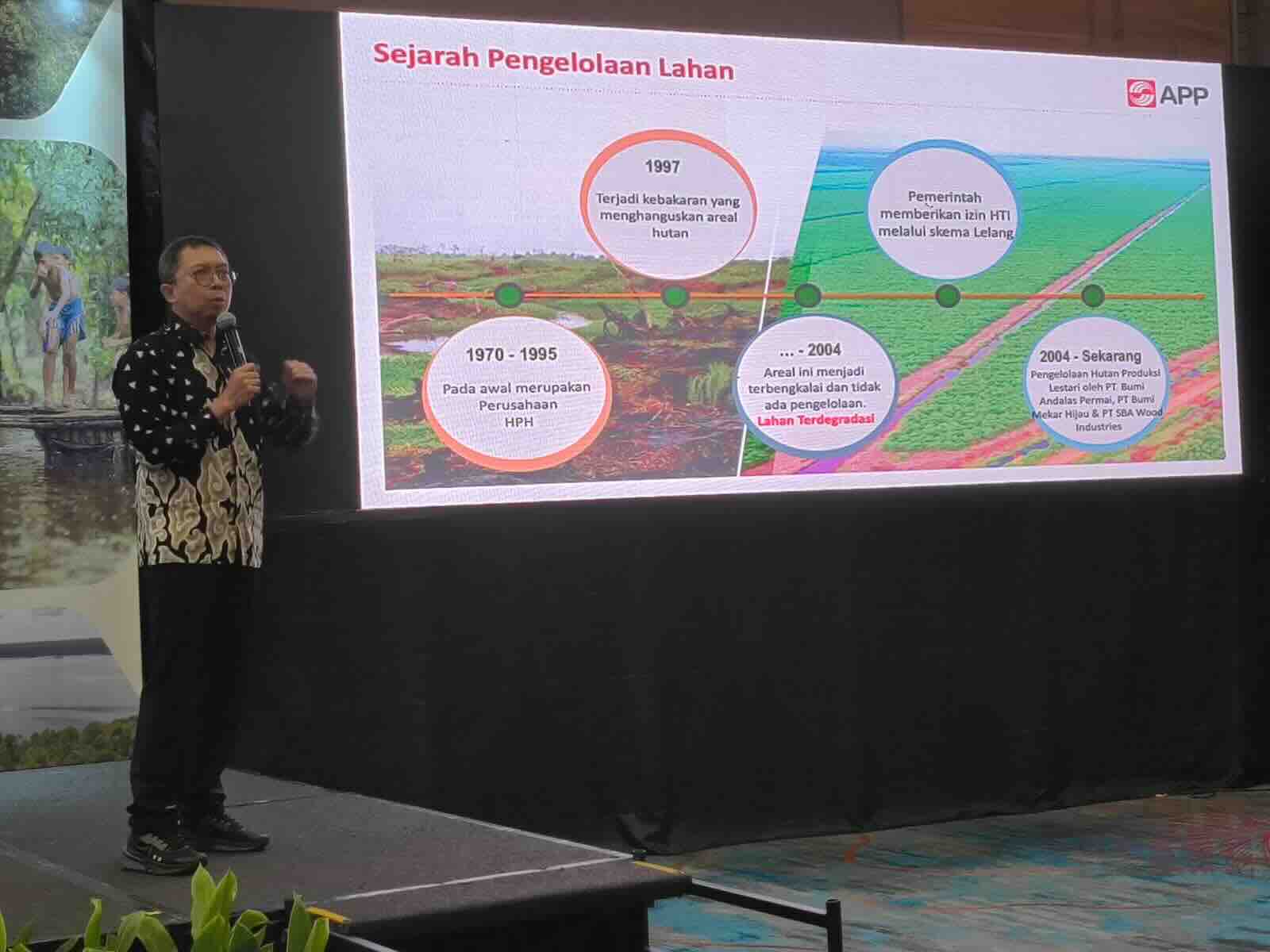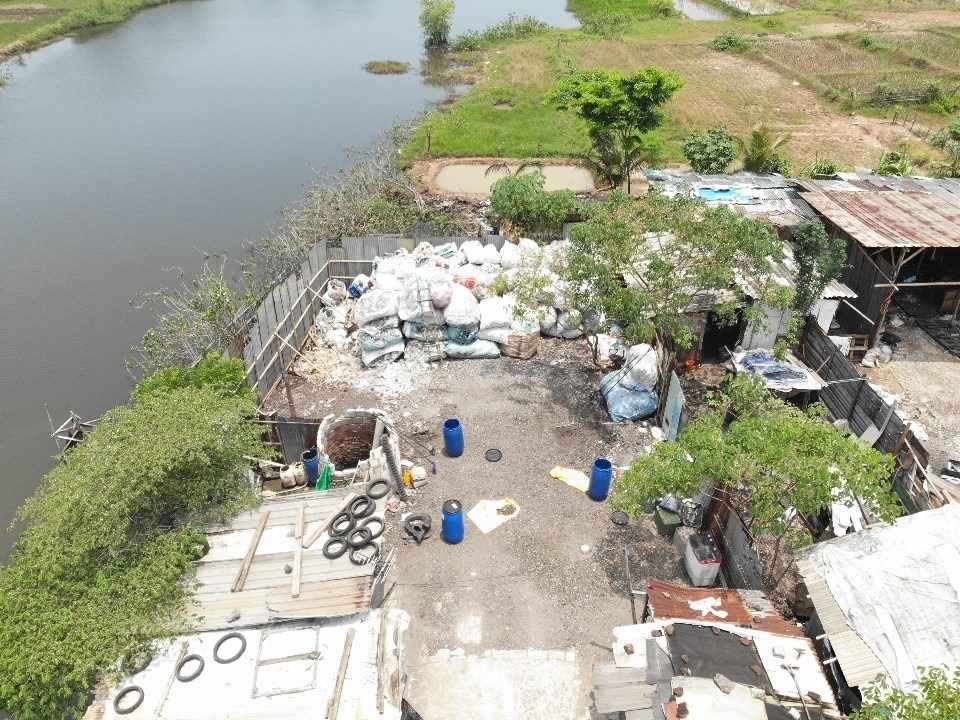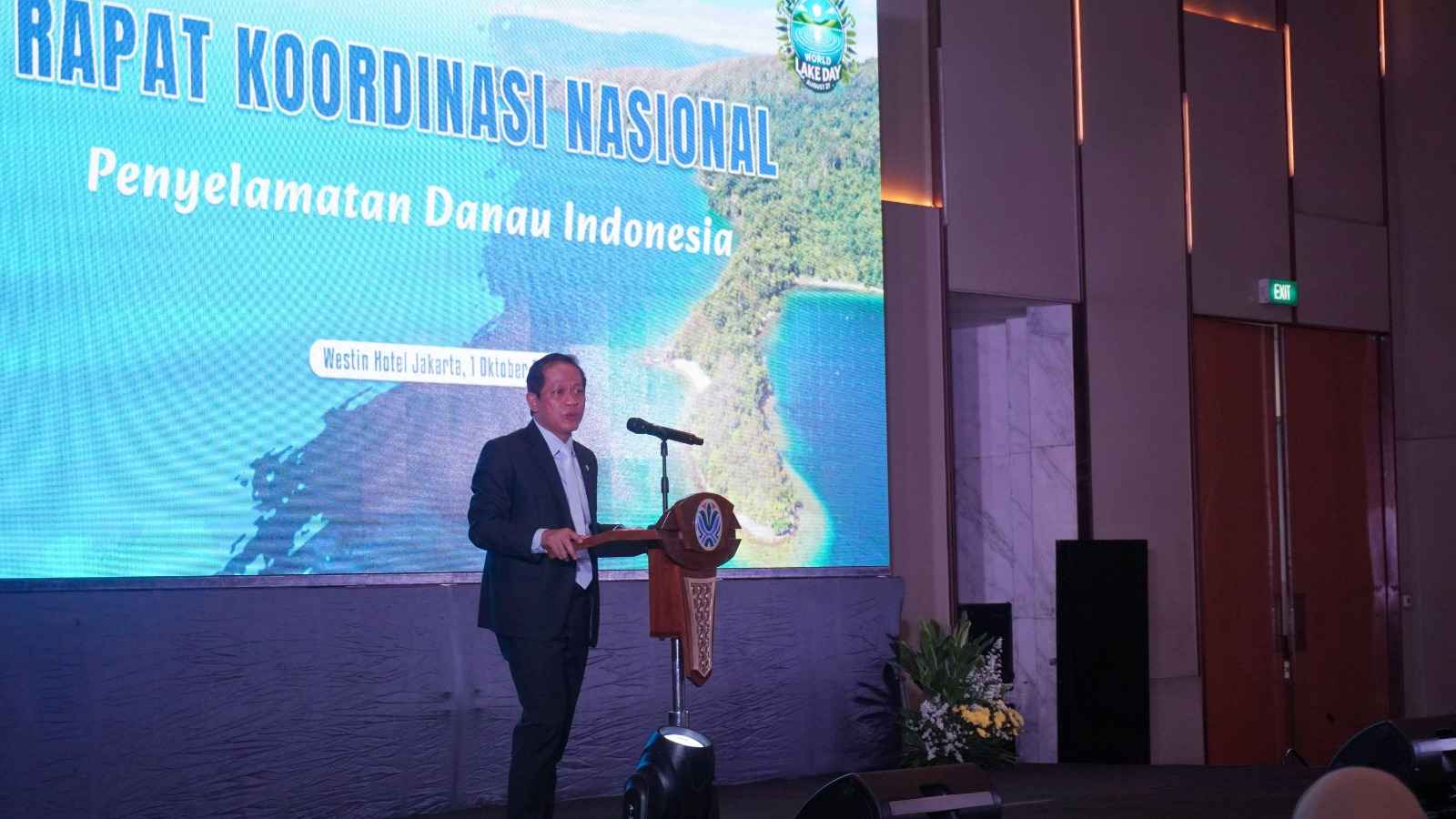Enviro News Asia, Jakarta — At Nusakambangan Prison, a new hope is growing for inmates who have spent much of their lives behind bars. Through the Nusakambangan Berdaya Program, inmates are now skilled at processing coal combustion waste or fly ash bottom ash (FABA) from the Adipala Steam Power Plant (PLTU Adipala). The waste is transformed into economically valuable products such as concrete blocks, paving stones, roasters, and concrete pipes.
Hasanudin, an inmate at Nusakambangan Open Prison, shared how he first became involved in this initiative by PLN and the Ministry of Immigration and Corrections (IMIPAS). He said he was excited when he learned about the program.
“At first, the prison asked who wanted to join the training. I was interested, so I signed up. Then we underwent about a month of training, starting from zero until we could operate this concrete block press machine,” Hasanudin said with a big smile.
Riko Purnama Candra, Head of the Class II A Karanganyar Nusakambangan Special Prison, stated that the PLN-initiated program not only improves skills but also builds the inmates’ self-confidence.
“We have trained 30 inmates. Besides adding skills, their self-confidence has also grown, becoming valuable capital when they return to society,” said Riko Purnama Candra.
PLN President Director Darmawan Prasodjo said that utilizing FABA to create value-added products is part of the company’s commitment to implementing Environmental, Social, and Governance (ESG) principles. He explained that FABA products not only strengthen the construction industry but also pave the way for economic independence for inmates and promote environmentally friendly production.
“This is just the beginning. Together with the Ministry of IMIPAS, we want to ensure this program continues, bringing economic, social, and, of course, hopeful benefits for the future of the inmates,” said Darmawan Prasodjo in PLN’s official release.
Nusakambangan Berdaya is a community empowerment program at Nusakambangan Prison that provides training on utilizing FABA into high-value products. In line with ESG principles, FABA utilization serves as a potential resource for infrastructure development and supports the concept of a people-centered circular economy. (*)




